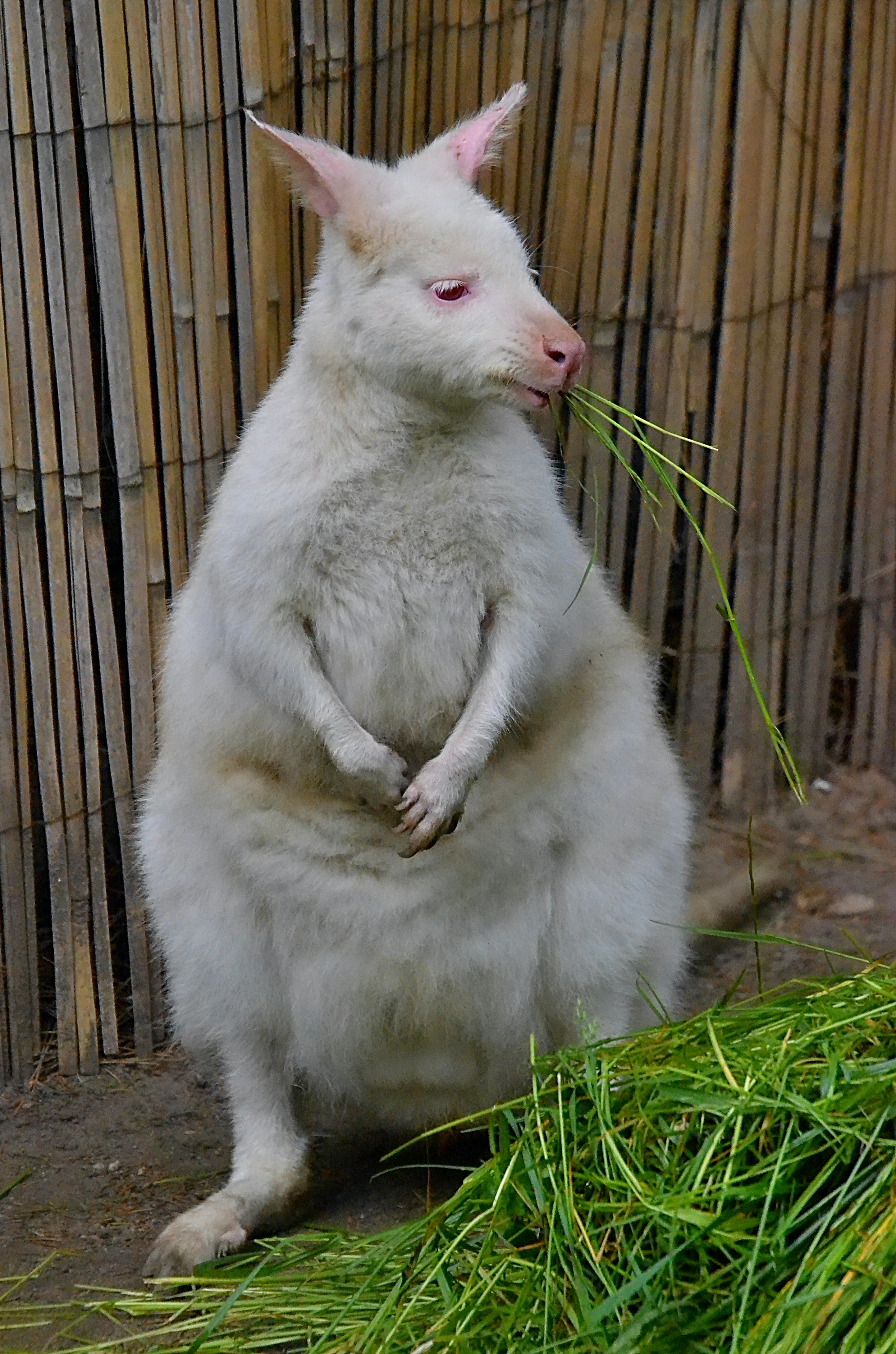Explore the Optimal Carnivore Diet: Is Milk Worth It in 2025?

Exploring the Optimal Carnivore Diet: A Comprehensive Overview
The carnivore diet has gained significant popularity in recent years as a high-protein, low-carb approach to eating that emphasizes animal products. Advocates highlight its potential benefits, such as weight loss, improved digestion, and increased energy levels. However, the inclusion of various foods, particularly dairy, remains a subject of debate among enthusiasts and experts alike. In 2025, as the trend continues to evolve, many are questioning: Is milk worth it on a carnivore diet?
This article aims to explore the impact of milk on a carnivore diet, examining not only its nutritional composition but also addressing common concerns like lactose intolerance and potential health effects. We'll uncover the benefits and challenges of including dairy products, alongside alternatives, to help you make informed dietary choices. Key takeaways will include an assessment of milk nutrition, the suitability of dairy for weight management, and practical tips for navigating food choices that align with the principles of a whole foods diet.
Understanding the Nutritional Role of Dairy
Dairy products can be a significant source of nutrition on a carnivore diet, providing essential nutrients such as calcium, protein, and vitamins. Whole milk, cheese, and yogurt are examples of dairy options that offer high nutrient density. They contribute not only to daily protein intake but also to vital micronutrients that support overall health.
Milk Nutrition: Benefits and Functions
Milk is packed with essential nutrients, including high-quality proteins, calcium, vitamin D, and healthy fats. These elements play critical roles in muscle gain, bone health, and metabolic functions. For instance, >milk calories can be an efficient energy source, especially for those engaged in athletic pursuits or rigorous training.
In terms of muscle preservation and gain, the protein synthesis stimulated by dairy can be beneficial. High-protein diets, like the carnivore approach, often invoke questions about the adequacy of animal product consumption. Dairy offers a supplementary source to meet those higher protein intake levels necessary for optimal performance.
Health Effects of Milk: Pros and Cons
While many celebrate the advantages of dairy consumption, others highlight potential health risks associated with it. Issues such as lactose intolerance and milk allergies can hinder individuals' ability to consume these products safely. For some, dairy may also contribute to inflammation and digestive problems.
To navigate these concerns, understanding your body’s response to dairy is vital. For those who tolerate milk well, incorporating it into a carnivore meal plan may lead to a more well-rounded nutrient profile. On the other hand, focusing on alternative calcium sources or dairy-free options is essential for those who are sensitive.
Lactose Intolerance: A Common Concern
Lactose intolerance is prevalent in many populations, leading to discomfort and digestive issues when consuming traditional dairy. Alternatives such as lactose-free milk or high-fat options like cream may provide a better fit for those on a carnivore diet. Understanding the varying degrees of lactose content in different dairy products can aid in making better choices.
Incorporating low-carb dairy, such as cheeses and heavy cream, can offer the benefits of fats necessary for energy without the carbohydrates that some sensitive individuals must avoid.
The Role of Milk in Weight Management
The inclusion of milk in a carnivore diet can stimulate discussions regarding weight loss and muscle gain. As a source of high-quality calories, milk and its derivatives must be evaluated based on their caloric impact and nutritional efficiency.
Impact of Milk on Metabolism
Research suggests that the consumption of dairy can positively affect metabolic rates. Whole milk and full-fat dairy products can promote fat utilization and energy efficiency in diets. This aligns well with the principles of a ketogenic lifestyle, which emphasize fat as a primary energy source for optimal performance.
Furthermore, the healthy fats and protein found in milk can contribute to satiety, potentially assisting in weight management by minimizing cravings and promoting a sense of fullness.
Milk Alternatives: Exploring Options for Carnivore Eaters
For those who are cautious about traditional dairy, there are a variety of non-dairy options. Plant-based or alternative milk products have gained traction due to their lactose-free nature and adaptation to dietary restrictions. However, when opting for non-dairy milk, it's essential to assess their nutritional content concerning protein and fat to ensure they align with the carnivore principles.
Additionally, exploring homemade milk alternatives, such as nut-based milks, can serve as satisfying substitutes while diversifying nutrient sources in a more plant-inclusive manner.

Practical Tips for Including Dairy in Your Carnivore Diet
Successfully navigating a carnivore diet that incorporates dairy requires careful planning and awareness of food choices. Here are key strategies to maximize the potential benefits of dairy while maintaining a focus on overall health and wellness.
Choosing the Right Dairy Products
Prioritize full-fat options when selecting dairy products. These types of dairy provide beneficial fats essential for energy and metabolic health. In contrast, low-fat dairy is often processed and may lack nutritional density.
Additionally, consider integrating fermented dairy items like yogurt and kefir, which can support gut health and digestion and offer probiotic benefits for optimizing the microbiome.
Carnivore Meal Plan Incorporating Dairy
Creating a carnivore meal plan that includes dairy can enhance your meal variety and texture. Consider strategies that involve adding cream to coffee or incorporating cheese into meat dishes to enhance flavor and nutrient content.
Meal prepping with high-protein, high-fat dairy options will simplify your dietary efforts, ensuring you have satisfying and convenient sources of nutrition available throughout the week.
Focusing on Nutrient Density
It’s essential to choose foods that provide expansive nutrient benefits. By focusing on nutrient-dense dairy products, you can achieve a balanced intake of essential nutrients. Incorporate foods high in protein alongside dairy to maximize muscle gain and ensure that you’re meeting your nutritional needs effectively.
Conclusion: The Dairy Dilemma in the Carnivore Diet
The journey through the carnivore diet unveils questions regarding the worthiness of milk in your diet. While dairy products can serve as advantageous additions, each individual's response to milk must be critically evaluated against their health preferences and tolerances. Whether it remains an integral part of your meal plan or not, prioritizing quality and nutrient density in all food choices is paramount for success on a carnivore diet.
 ```
```